Defense minister criticizes anti-NATO rhetoric
Defense Minister Dragan Šutanovac regards talk in some ministries of a NATO-state in Kosovo as "unnecessary".
Friday, 31.08.2007.
16:22

Defense Minister Dragan Sutanovac regards talk in some ministries of a NATO-state in Kosovo as "unnecessary". Sutanovac says that to his mind, as Democratic Party (DS) vice-president, the comments made by certain Democratic Party of Serbia (DSS) ministers sounded hollow and unhelpful, "especially at a time when KFOR is working well with members of our security forces, above all the Army." Defense minister criticizes anti-NATO rhetoric "Even on a political level these comments don’t make any sense to me. I understand that certain people want to discuss big matters with big words, to make themselves heard, particularly in an election year, but I feel that these messages are anything but wise," Sutanovac said in an interview in the latest edition of Odbrana (Defense) magazine. He reiterated that KFOR had come to Kosovo at the time of Slobodana Milosevic, and that today they were guarding the Serbian enclaves from extremists, who would otherwise "quite happily set fire to Serbian houses, churches and monasteries, as they had done on March 17, 2004". Sutanovac said he felt it was very detrimental when someone from Belgrade wants to send the army into Kosovo, because it "puts young people off doing their national service in military units." "As long as I’m defense minister, the people of Serbia can be sure that not a single recruit will be sent to Kosovo," he concluded. Sutanovac's comments are the first reaction coming from a top DS official, after their coalition partners from Prime Minister Vojislav Kostunica's DSS engaged in a war of words with NATO that lasted several weeks. Left to right: Sutanovac, Tadic, Ponos (FoNet) Dinkic: NATO comments do not reflect government position Economic and Regional Development Minister and G17 leader Mladjan Dinkic says that statements coming from some DSS ministers claiming that NATO is looking to create its own state on the territory of Kosovo, do not represent the government’s true position. Stressing that the matter had not even been raised at the last session of government, Dinkic told the daily Politika that, on the contrary, it had adopted a document on further integration within the Partnership for Peace, a NATO outreach program. He also added that G17 plus fully supported joining the European Union. Asked whether G17 backed Serbian entry into NATO, Dinkic replied that "a small country like Serbia cannot afford to miss out on anything linked to Euro-Atlantic integration if it wants to develop."
Defense minister criticizes anti-NATO rhetoric
"Even on a political level these comments don’t make any sense to me. I understand that certain people want to discuss big matters with big words, to make themselves heard, particularly in an election year, but I feel that these messages are anything but wise," Šutanovac said in an interview in the latest edition of Odbrana (Defense) magazine.He reiterated that KFOR had come to Kosovo at the time of Slobodana Milošević, and that today they were guarding the Serbian enclaves from extremists, who would otherwise "quite happily set fire to Serbian houses, churches and monasteries, as they had done on March 17, 2004".
Šutanovac said he felt it was very detrimental when someone from Belgrade wants to send the army into Kosovo, because it "puts young people off doing their national service in military units."
"As long as I’m defense minister, the people of Serbia can be sure that not a single recruit will be sent to Kosovo," he concluded.
Šutanovac's comments are the first reaction coming from a top DS official, after their coalition partners from Prime Minister Vojislav Koštunica's DSS engaged in a war of words with NATO that lasted several weeks.
Dinkić: NATO comments do not reflect government position
Economic and Regional Development Minister and G17 leader Mlađan Dinkić says that statements coming from some DSS ministers claiming that NATO is looking to create its own state on the territory of Kosovo, do not represent the government’s true position.Stressing that the matter had not even been raised at the last session of government, Dinkić told the daily Politika that, on the contrary, it had adopted a document on further integration within the Partnership for Peace, a NATO outreach program.
He also added that G17 plus fully supported joining the European Union.
Asked whether G17 backed Serbian entry into NATO, Dinkić replied that "a small country like Serbia cannot afford to miss out on anything linked to Euro-Atlantic integration if it wants to develop."





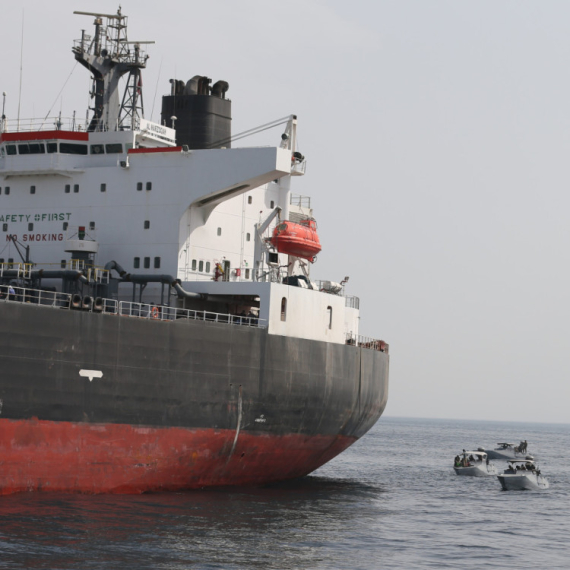






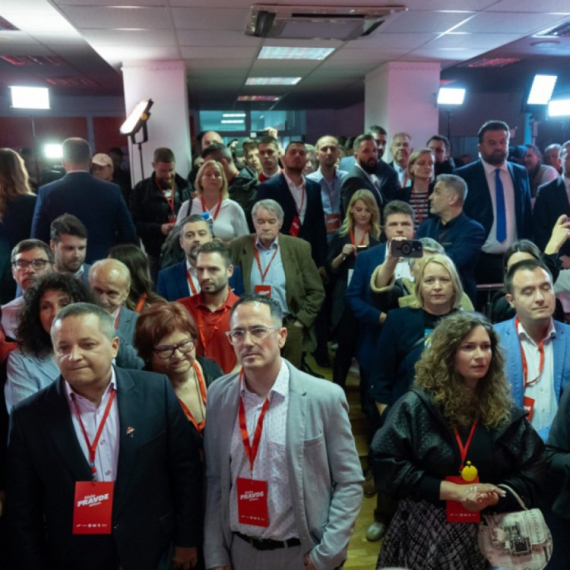
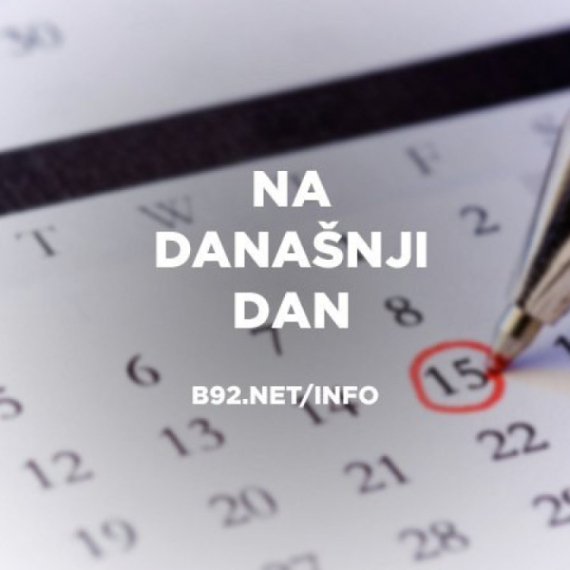

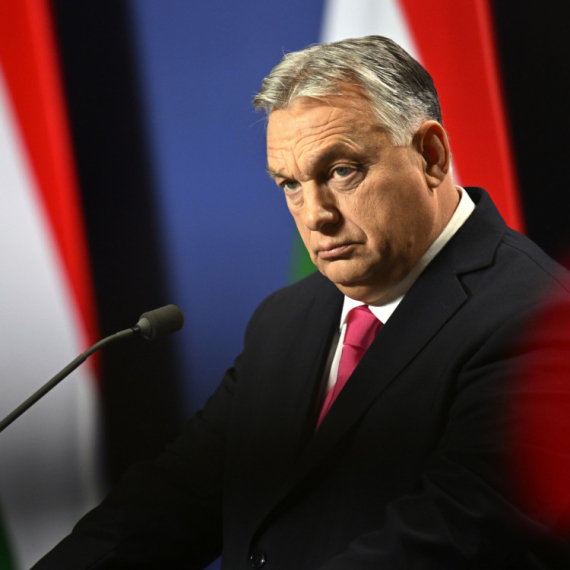
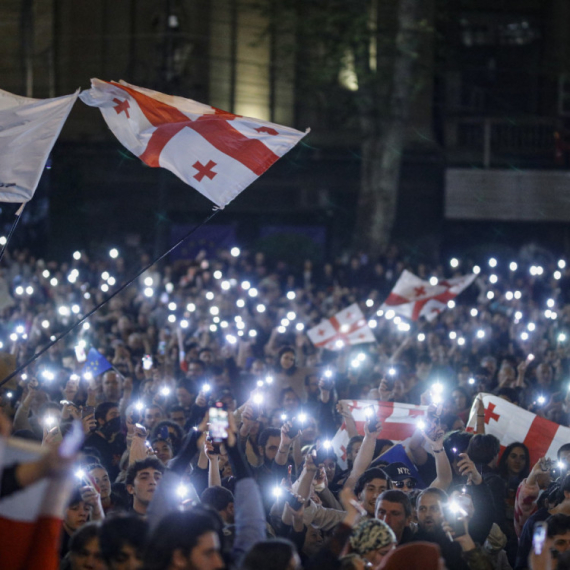

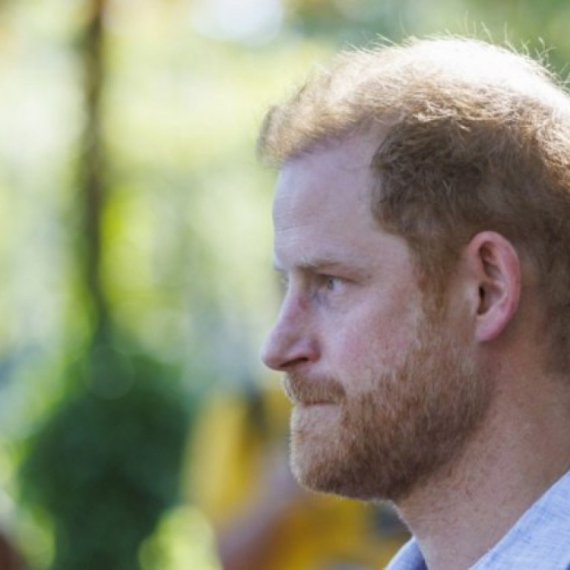






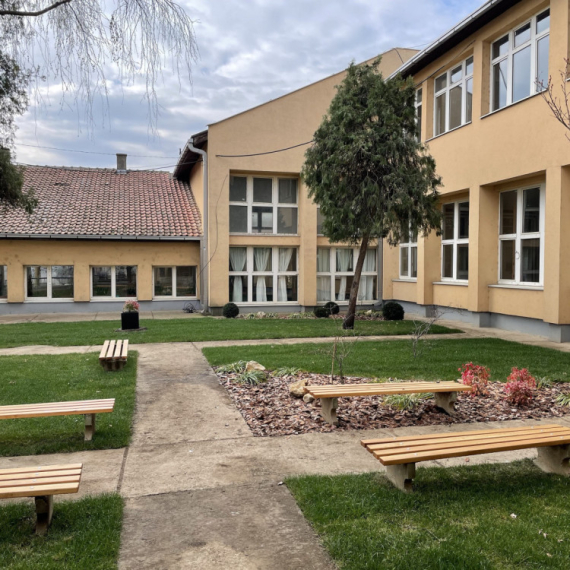
















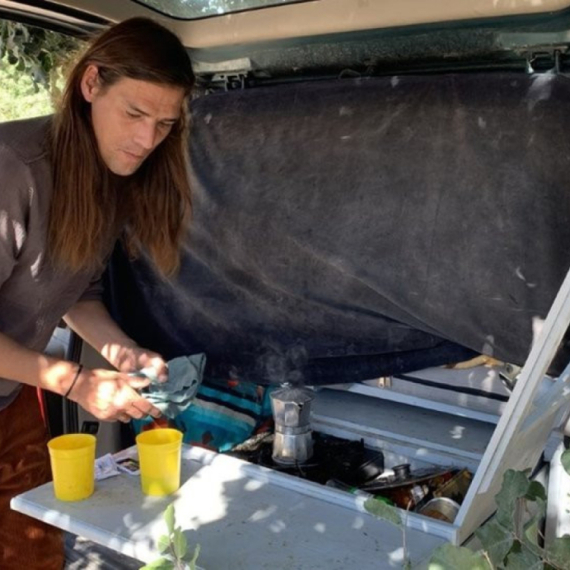
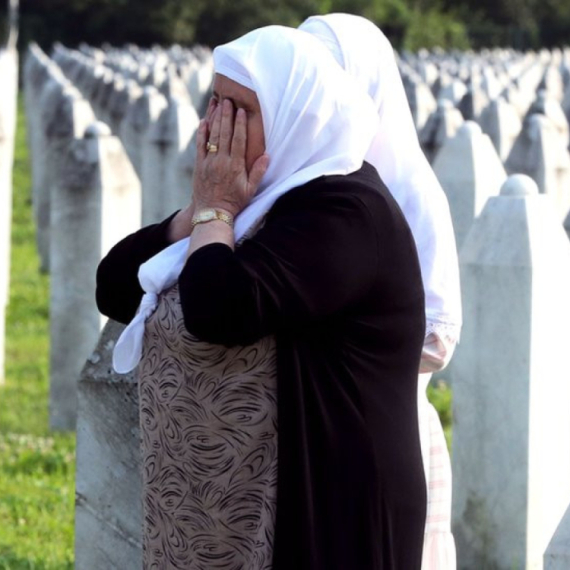
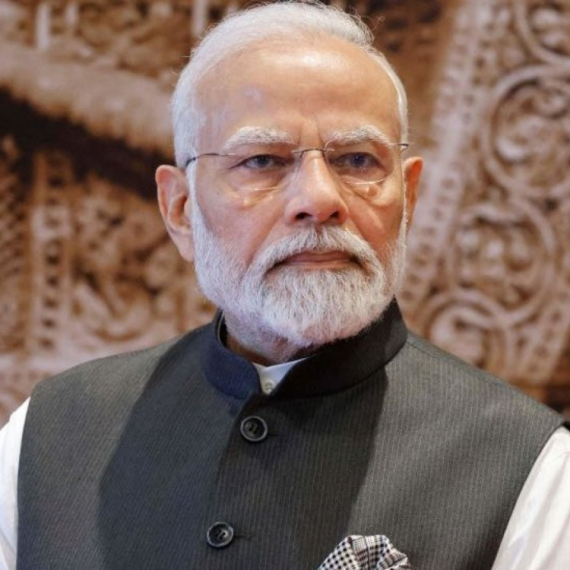
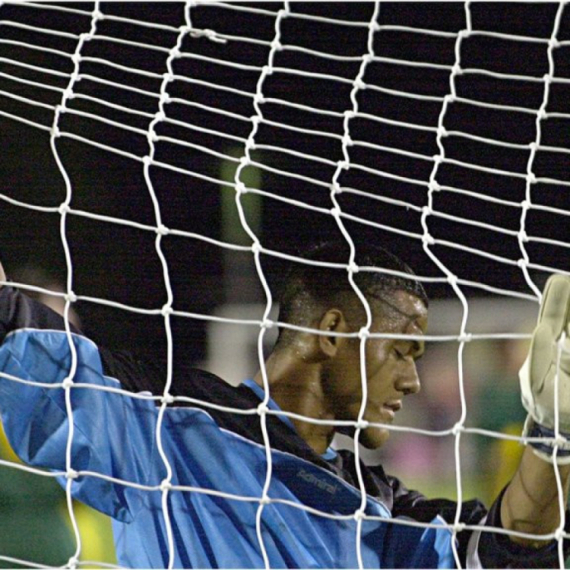
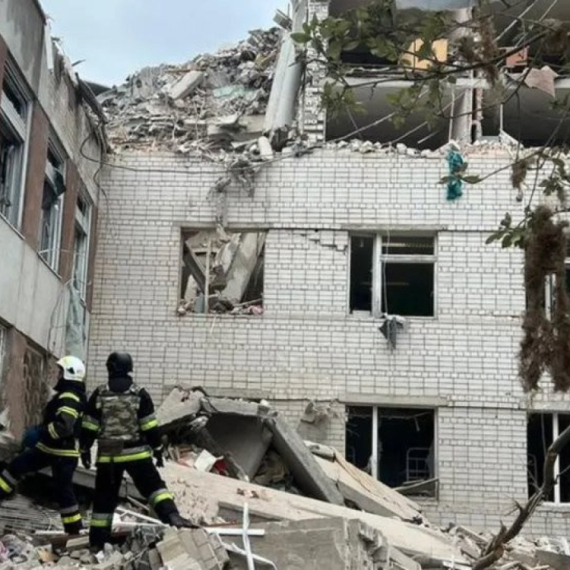

Komentari 8
Pogledaj komentare